
- This event has passed.
BRIC Seminar: Cross Channel Collaboration to Reduce Flood Impact
24 November 2022 All day
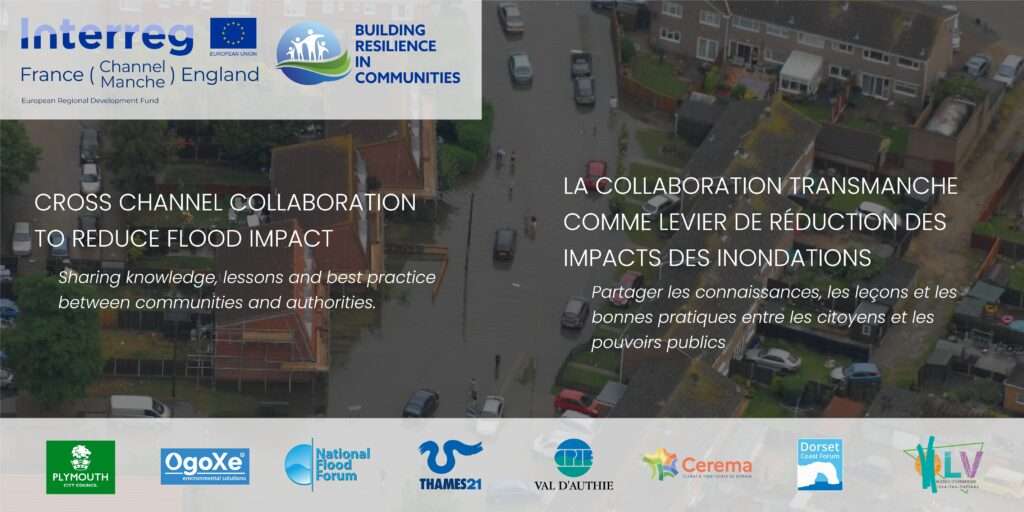
A collaborative event centred around sharing knowledge, lessons and best practice between communities and authorities.
Join the Building Resilience in Communities (BRIC) project partners from France and England to help build resilience in local communities who are at risk of flooding. This event will be a platform for the emergence of new ideas and perspectives on flood risk management and community engagement.
It will be a unique opportunity for collaboration between different stakeholders, including project partners, flood management agency representatives, local authorities, community representatives and local people.
Combining these different perspectives will create new, innovative solutions to flood risk management and community engagement. These solutions are essential to the development of strong, local community resilience networks that can face the challenge of flooding in the future.
To register for the event: BRIC Seminar: Cross Channel Collaboration to Reduce Flood Impact
Our Speakers

Councillor Andrew Sheldon (Essex County Council)
Essex County Councillor for South Benfleet
Cllr Andrew Sheldon is the Essex County Councillor for South Benfleet and a member of the Thames Regional Flood and Coastal Committee. He was Leader of Castle Point Borough Council during the flooding event that occurred in the Borough in October 2021. He was also the Senior Parliamentary Researcher for the Member of Parliament for Castle Point, Rebecca Harris MP, during the Canvey Island Floods of 2014 and assisted her in securing a review of the Section 19 Flood Report into the event by the Government’s Chief Scientific Advisor, Sir Mark Walport.
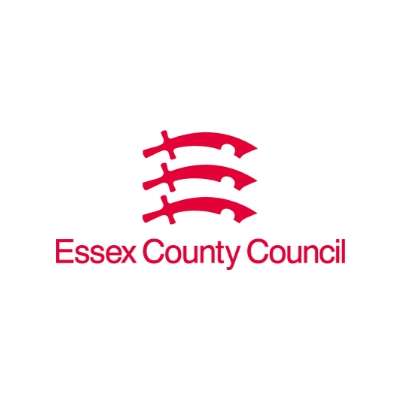

Lt. Colonel Vincent FOLGOAS (Oise SDIS)
Head of the Forecasting-Operations Group – CTA/CODIS
Within the framework of their competences, the fire and rescue services ensure the following missions:
– Prevention and assessment of civil security risks;
– The preparation of safeguard measures and the organization of emergency means;
– The protection of people, animals, property and the environment;
– Rescue and emergency care of people as well as their evacuation when they are: (1) Are victims of accidents, disasters or disasters; (2) Show signs of vital distress; and/or (3) Presenting signs of functional distress justifying the urgency to act.
Thus, for all civil security risks in general, and the flood risk in particular, the Oise SDIS strives to have the means and organization useful for its missions in the context of the management of inter-service crisis.


Steve Dickson (Essex County Council)
Lead Emergency Planning & Resilience Consultant
Emergency Planning & Resilience, Assurance
Steve Dickson is a passionate and experienced emergency planning and resilience professional with a desire to empower organisations and communities to improve their resilience to the threats and hazards of the modern world. Steve has been involved in a number of flooding incidents in his career, including two severe east coast tidal surges, as well as previously being the Emergency Planning Officer responsible for Canvey Island in Essex which has its own unique flooding issues.

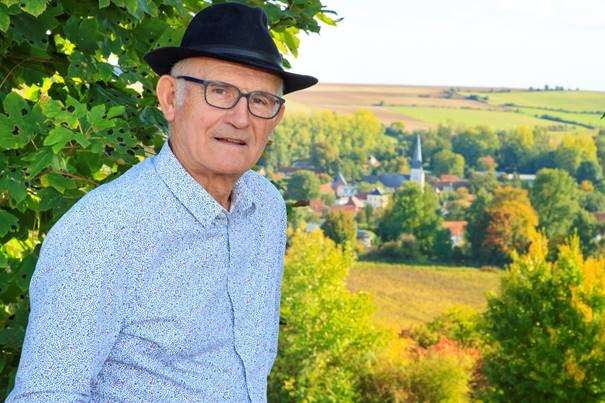
Daniel Melin (Nœux-lès-Auxi)
Mayor of Nœux-lès-Auxi, a commune in the Pas-de-Calais
I have been from Noeux since 1975. I was director of our municipal school from 1975 to 2009 and I have been mayor since 2008. I am also vice-president of Ternoiscom with responsibility for “tourism and heritage”. So I have been living for 47 years (it’s awful how time flies!) in our beautiful little village, which received the village-heritage label in 2017.
This town also has the particularity (sometimes the inconvenience…) of receiving runoff water from more than 3500 ha of land. I therefore had the opportunity to witness some hazards caused mainly by runoff phenomena and a major flood by rising water table.
Noeux takes its name from the Latin “noda” which means marshy land, this explains it… Until 1960, Noeux was considered by the neighboring populations as “a mud hole”. Work from 1970 will improve the situation by digging 2 retention basins then from 1995 the digging of 5 new basins and the installation of mud stoppers which regularly invaded the rue d’Auxi.
While these works have considerably improved the situation, the fact remains that the new farming methods and the expansion of the plots after the consolidation as well as the new climatic data are aggravating factors. The villagers were however very reasonable in general for the preservation of embankments, hedges, trees and shrubs (it was not the same for all the villages upstream). We had also succeeded in putting a good part of Mont d’Hesdin out of land consolidation to preserve the “curtains”, wooded embankments limiting runoff and erosion (at the time I was president of an association for the defense of the environment created for the occasion).
A marvelous job carried out by Gaelle from the CPIE in partnership with the school and the population enabled us to obtain the 1st “risk prevention” prize that the teacher, her students and myself had gone to receive at the headquarters of the UNESCO in Paris.
Of course, all our hydraulic problems have not been resolved and we are not immune to a thirty-year, fifty-year or hundred-year event. Did we not see a spring flowing for several months invading the road to Fortel because we had interrupted a large ditch that our Elders had dug!
Today, we have to clean our ponds and ditches regularly to extract the silt that comes mostly from neighboring villages.
Master of Ceremonies
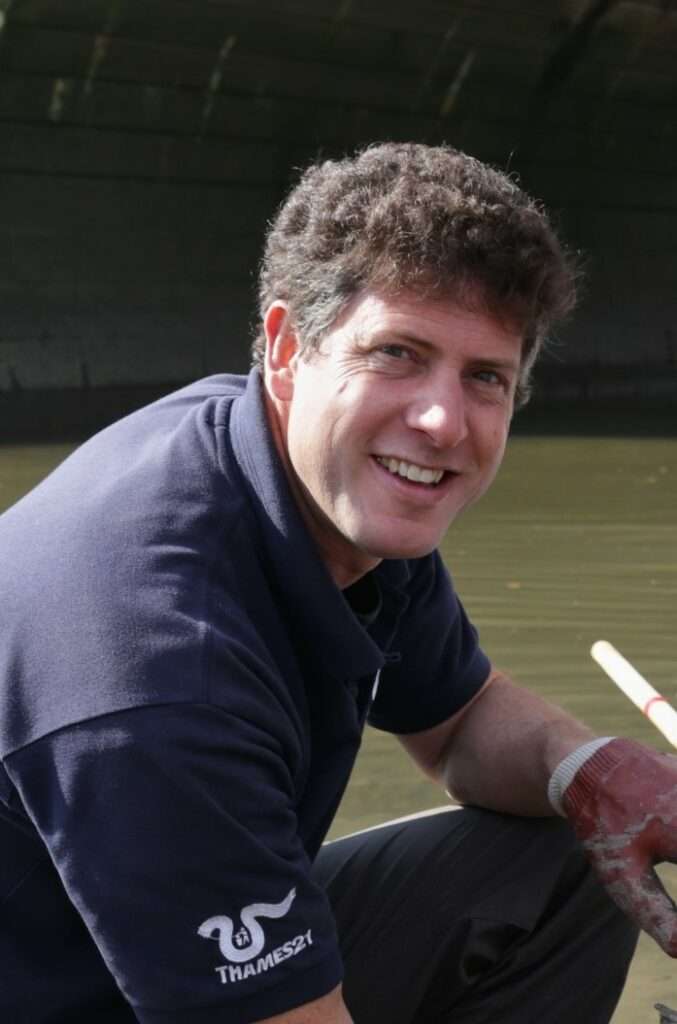
Chris COODE (Thames 21)
Deputy Chief Executive and Head of Engagement and Education
Chris Coode has over 25 years’ experience working in the field of aquatic conservation, community engagement and environmental education. At Thames21 he leads a team who delivers a wide range of partnership projects that support communities to build long-term relationships with their rivers and river landscapes.

Imane FEDAILI (Oise-les-Vallées)
Architect-urban planner, in charge of studies at the Oise-les-Vallées urban planning agency.
Imane works in the field of regional planning at several scales (from the urban project to the large territory). Sensitive to environmental issues, for several years she has been developing expertise in natural risks and particularly floods. In particular, Imane conducts discussions to better understand the vulnerabilities of territories (qualification of human and material issues) and to implement resilience through planning tools and alternative solutions adapted to each context.
Organizing Committee
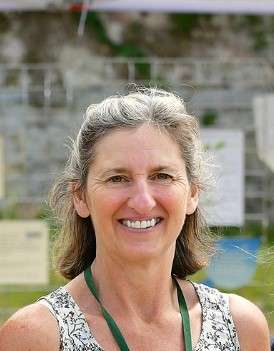
Liza Oxford (PCC)
“What you do makes a difference, and you have to decide what kind of difference you want to make.” – Dr Jane Goodall
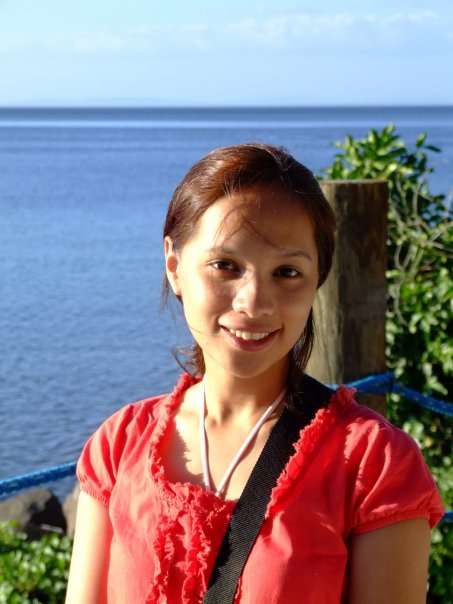
Aileen ROBERT (Ogoxe)
“Every living being is an engine geared to the wheelwork of the universe. Though seemingly affected only by its immediate surrounding, the sphere of external influence extends to infinite distance.” – Nikola Tesla
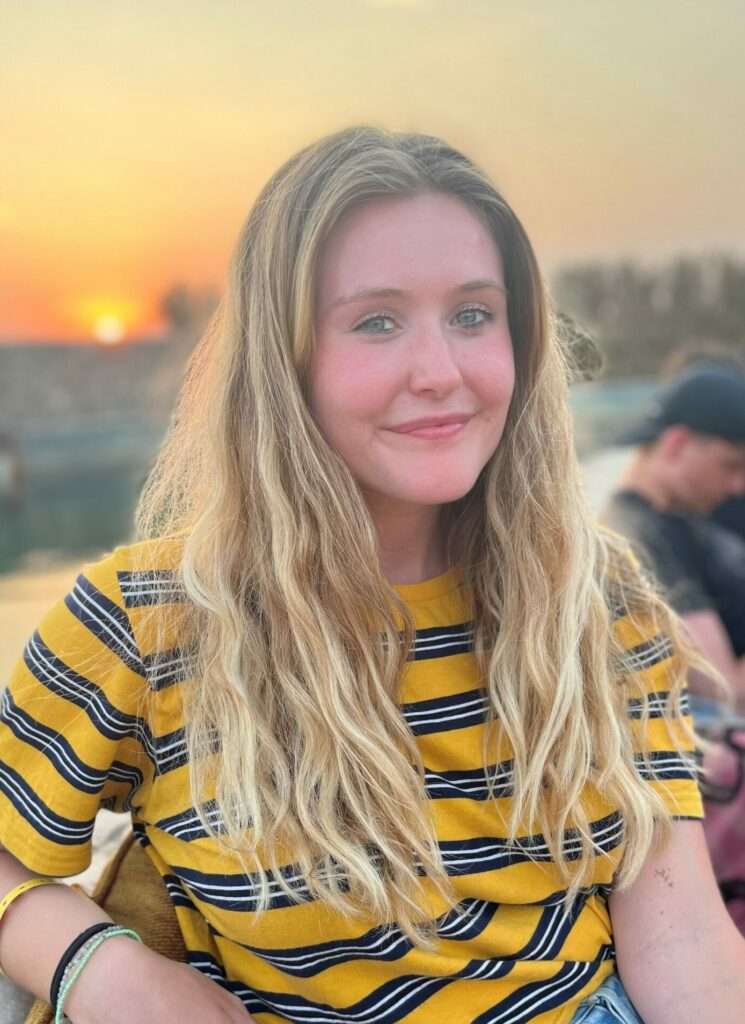
Lucy Jackson (Thames 21)
“Passion for people and rivers”
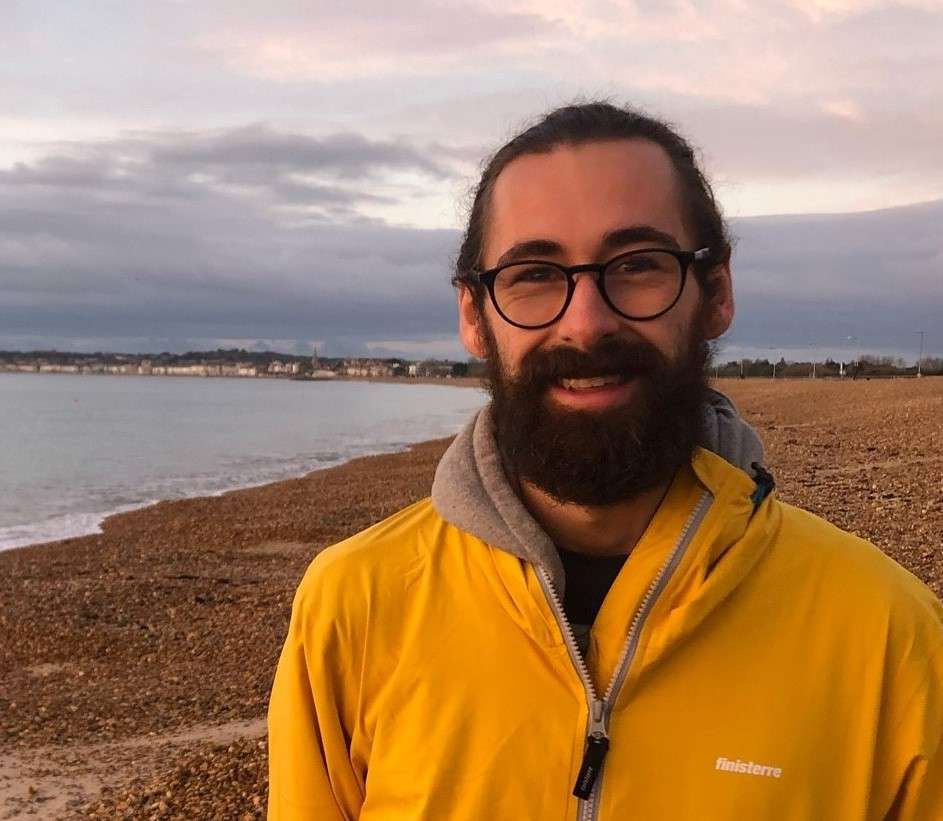
Dan Williams (DCF)
“Increasing Weymouth’s resilience to flooding”
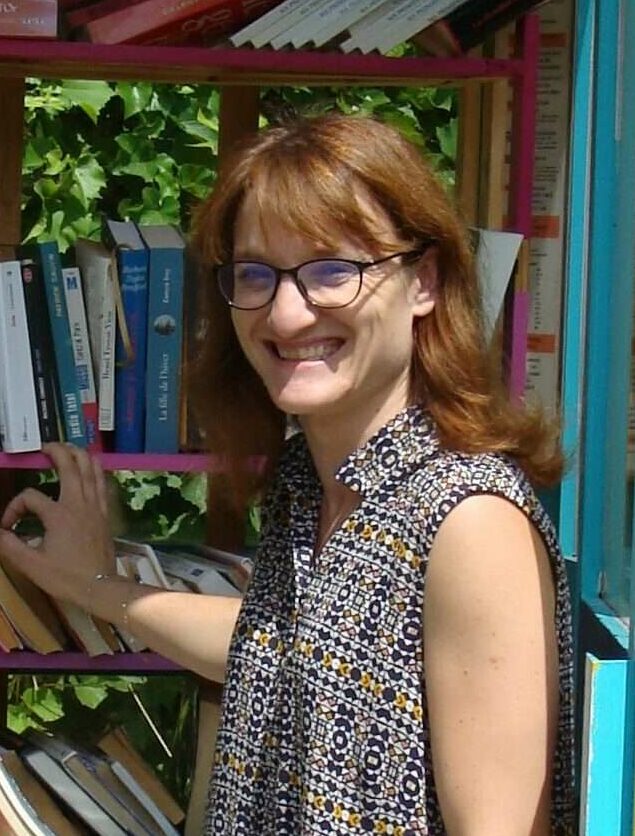
Barbara Da Silva Santos (OLV)
“If you think adventure is dangerous, try routine, it’s deadly…” – Paolo Coelho
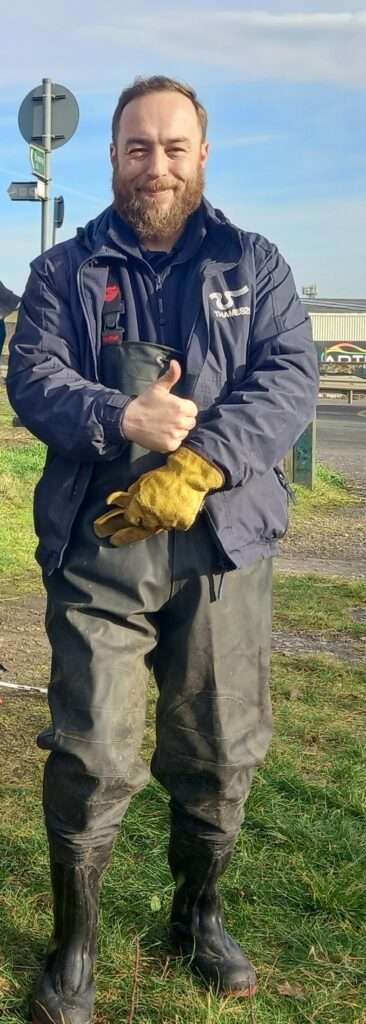
Michael O’Neill (Thames 21)
“My ultimate goal would be to facilitate introductions to fishing, for those who are looking for a closer connection to nature, but don’t have the knowledge or facility to do so.”
Seminar Programme

